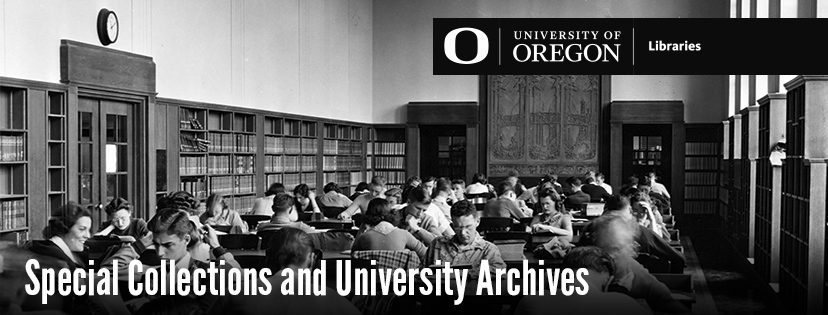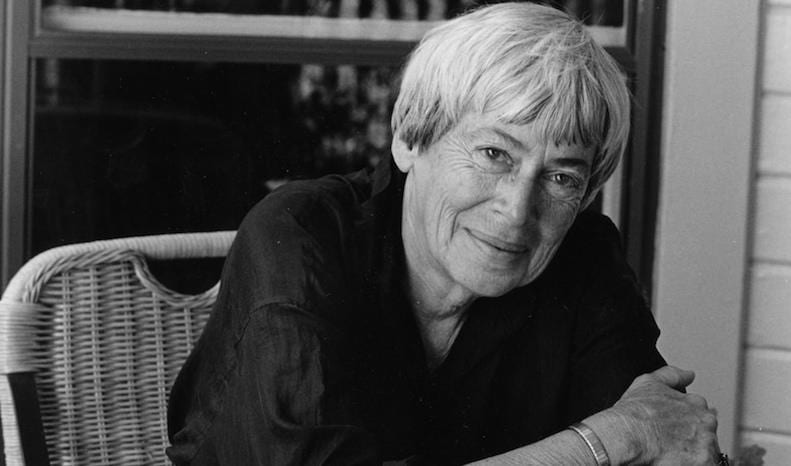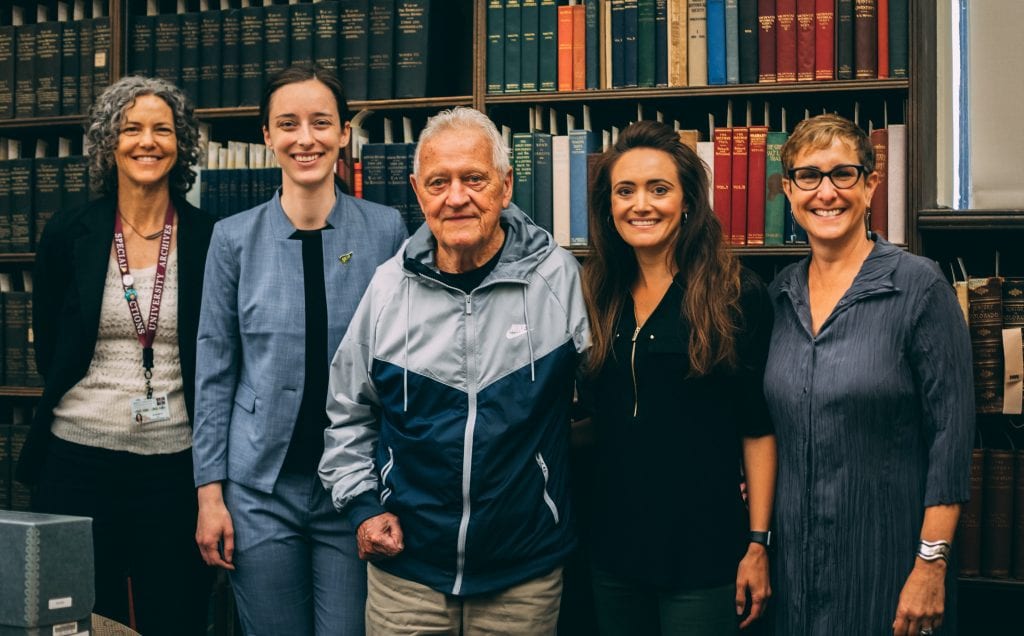New Acquisition: The Golden Age of Professional Wrestling

The sport of wrestling has become ubiquitous in the United States. Few are able to deny the popularity and fanaticism inherent to the sport, the way intense physical competition draws impassioned reactions from spectators. The origins of contemporary American wrestling are rooted in the first half of the 20th century, then swiftly expanding into an age where the sport and its athletes flourish. A new acquisition by Special Collections and University Archives, The Golden Age of Professional Wrestling, captures this flourish, the Golden Age of wrestling in the era of the mid-20th century, centered in the historic city of Portland, Oregon. The collection captures a unique component of history in wrestling and the state of Oregon, boasting wrestlers from a plethora of ethnic and minority groups, including Native Americans, Hispanic Americans, African Americans, Japanese Americans, Samoans, Hawaiians, Little People, among others. Historical exclusionary practices regarding people of color on behalf of the state of Oregon render this collection a gem and a rarity in the documentation of the history of people of color in Oregon.
While the popularity of wrestling incubated in the early 20th century, with regions of the United States organizing titles and weekly matches, post-World War II society further fueled the esteem and intensity of the sport. This growth in intensity birthed the formation of independent wrestling companies. In Oregon the Pacific Northwest Wrestling/Portland Wrestling Company spawned, with its formation ultimately leading to the development of the National Wrestling Association. National television broadcasting beginning in the 1950’s served as a catalyst for the growth in ubiquity and popularity of wrestling. The Don Owen Productions of Portland Wrestling debuted in Portland, Oregon, on KPTV in 1952. The broadcast later transitioned to Big Time Wrestling, and the weekly program withstood the test of time, broadcasting until the year 1991. Big Time Wrestling was the first wrestling program to be shown by television in the Pacific Northwest.
The acquisition is comprised of original photographs, match reports, columnal clippings, documents, and magazines compiled by Portland, Oregon, sports columnist Frank Barst (1902-1974). Barst wrote frequently and prolifically on the intricacies of the sporting world, demonstrating a keen interest in wrestling. There are over 300 photographs of wrestlers and promoters, many of whom inscribed photographs with original signatures. Prominent wrestlers featured in these photos include Lord Littlebrook, Haystacks Calhoun, Bull Montana, Prince Kuhio, Bing Ki Lee, Frenchy Robbierre, and Mad Dog Vachon. Wrestlers Moose Norbeck and Farmer Vance are pictured in opposition on a notable poster contained in the collection.
The media collected in this acquisition document the careers of wrestlers who blossomed in the Golden Age of professional wrestling, whose careers often transcended decades. Some include George “Catalina” Drake (d. 1972), whose namesake stems from his birthplace of Catalina Island, California, and who served in the 511th Airborne in World War II; Eric Tovey (b. 1929), alias Lord Littlebrook, who was 4 feet 4 inches tall, 108 pounds, and considered one of the greatest Midget wrestlers, his career spanning from 1949-1997; William Dee Calhoun (1934-1989), alias Haystacks Calhoun, who was the first super-heavyweight wrestler with a stature of 6 feet 4 inches and 665 pounds; Lenny Passaforo (1926-1992), alias Bull Montana, who fought an impressive 1158 matches in his career; Curtis Piehau Iaukea III (1937-2010), alias Hawaiian Prince Kuhio, famous for fighting 1307 matches; Philip Lee Hahn (1932-2011), known under the multiple aliases of Mexican Bing Ki Lee, White Avenger, El Santo, and El Principe Chino, packing 480 matches under his belt; and Maurice Vachon (1931-2013), alias French Canadian Mad Dog Vachon, who impressed with over 2100 matches fought in the decades of the 50’s and 60’s.
The breadth of the collection on the Golden Age of Professional Wrestling is stunning, and the history it preserves, invaluable.
Written by Alexandra Mueller (Special Projects Archivist)





